SHATTERING glass ceilings, breaking boundaries and deliv - ering path-breaking performances have defined the dance journey of Aditi Mangaldas.
Instead of dwelling on past achievements or being satisfied with her incredible body of work, the forward-thinking Indian Kathak maestro is continuing to have a fearless approach. That is why her forthcoming show Forbidden will be one of this year’s great dance events. The 63-year-old shines a light on female sexual desire, with a provocative performance that com - bines innocence, ferocity and asking important questions, with directly confronting taboos. The show will be performed at Sadler’s Wells in Lon - don on October 13 and 14, and Northern Stage in Newcastle on October 20.
Eastern Eye caught up with the internationally renowned performer to discuss dance, Forbidden, creative inspirations and the importance of evolving. She also revealed the secret of great dance and de - tails of a new collaboration with a top British talent.
Can you sum up your remarka - ble dance journey?
I have tried to be as honest as possible and have danced, hopefully, with abandon and passion.
What keeps your dance passion alive and that flame burning bright inside you?
Well, I honestly can’t remember a time when I wasn’t dancing. I’m 63 now and started dancing at the age of five. So, my memory doesn’t go back to when I wasn’t dancing. It’s just become a part of my life like breath. Hopefully, my dance has aged with me. And that’s very important. As you age, grow in experience and years, the dance needs to age and transform. You have to constantly be vigilant at not becoming or being complacent in what has worked before. So, you constantly challenge yourself, I guess.
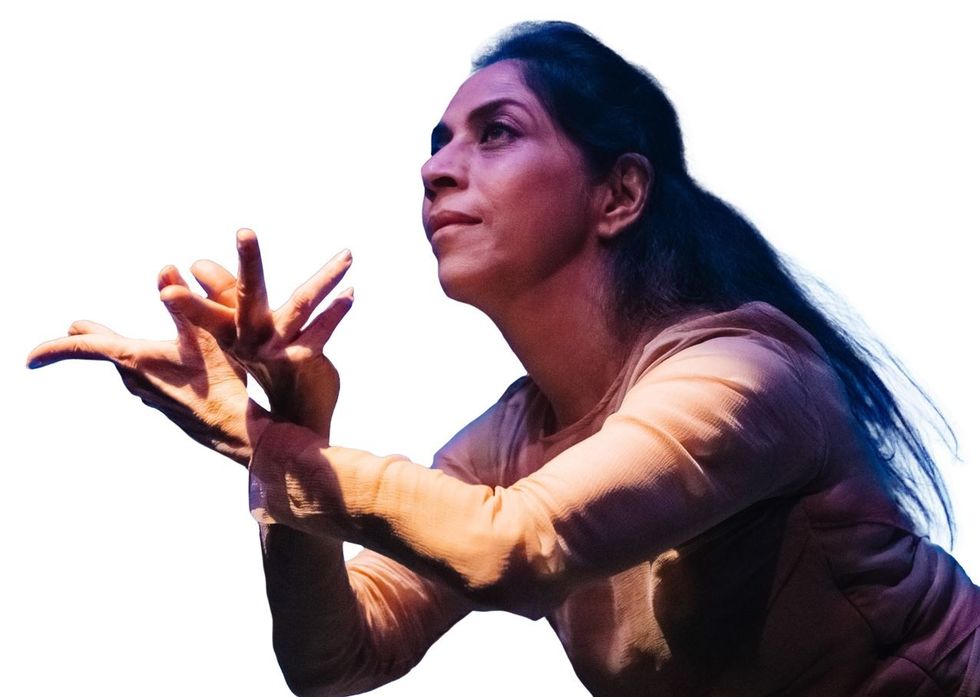
Fearlessness has driven a lot of your boundary breaking work. Has that bravery always been there?
Well, I can’t honestly say completely fearless. One always has a whole lot of apprehensions. But yes, I have tried to be true to myself and, have the courage to dance my own dance. Often with classical Indian dance, there are too many taboos. And somehow, at times people think of preserving it, according to me, in the wrong way.
What do you mean by the wrong way?
I think preservation, in a way, is like a nail in the coffin of classical work because it’s constantly evolving and you have to read the air of today. So, it’s like a river that constantly rejuvenates itself. But at times we get stuck in ancient and great civilisations. We get stuck in that glorification of the past and not breathing the air of today, not being in the now. Because of that sometimes as human beings, dancers and artists, time gets hold of us and then we don’t move in any which way. I think as artists, we need to be aware of that and conscious of this constant change.
What inspired this production Forbidden? It seems like nothing that I’ve ever encountered before...
Well, female sexuality is a personal thing, but because of how women who have had the courage to own sexuality have been judged, compartmentalised, shamed, controlled and eventually punished in society, from whichever liberal or conservative, from time immemorial, I thought it was a subject that was burning within me for many years. And it just came to the fore. I felt the need to talk about it and ask the question. I mean, I don’t have answers as an artist. I question myself and society. I pose questions to the audience. I do hope that in some way as the performance opens out that people question why is it that we have such taboos.
How do you approach a challenging subject like this as a choreographer?
I am a Kathak dancer, but call some of my work contemporary work based on Kathak, which means it’s a Kathak seed, but watered with contemporary sensibilities, thought, movement, poetry and text. It was a process and a sense of internalising. Then a process of finding the narrative and seeing how as a choreographer to construct it, because I am a Kathak dancer, narrator and storyteller. So how do I talk about this story? I’ve had amazing collaborators, and each has put in their inputs. It’s like brewing tea.
Tell us about that brewing process…
It’s been brewing for years because we were going to premiere it in 2020. 2019 were the main rehearsals. Then, of course, with the pandemic, everything came to a standstill. In a way it has become more innocent and more ferocious, simultaneously.
Is Forbidden predominantly aimed at women?
No, not at all. It’s not a gender related piece. I think it’s as much for males, as for the female audience members.
How much are you looking forward to coming back to London to perform again?
I’m very excited. I think the last time I performed was in 2019 at Sadler’s Wells. I’ve always only performed my classical work at Sadler’s Wells. And in London, the last time we did our contemporary work was 2016, so I’m equally nervous and excited, I must say.
But do you get nervous? You are a legend of dance and an all-time great…
Yes, I think all artists get nervous. It’s a different kind of nervousness. You fill up so much while rehearsing. The hope is that once you step onto the stage, you completely empty out. And that’s the challenge because you can’t will it. It just happens. And that’s the unknown part of life, I guess. If it happens, then the work just fills you up.
What’s the secret of a great performance?
Oh, this is very difficult to answer. Like I just said, if I’m able to completely empty out all the years and hours of preparation of being exposed. Every sense being exposed to multiple things - if you’re able to adapt, empty out and let your senses just be aware in the moment.
You’re a dance hero to so many, but who is your dance hero?
First, I don’t know whether I’m a dance hero to many people, but for me, life has been my greatest dance guru. And then my family, my two great legendary gurus, my students, all the dancers I interact with, wonderful collaborators I have worked with, some of the great choreographers and dancers I have seen. But I always maintain that my greatest guru is life itself and to be open to its pulse, I think, has been the greatest learning for dance for me.
What key advice would you give to a young dancer?
That there are no shortcuts. It seems like life is changing at an exponential speed. But maybe that was also happening in the past, I mean, from horse carts to automobiles and planes.
But it seems to us that it’s moving so fast. And yet, it is important to know that there are no shortcuts and that you need to be immersed in dance and let dance immerse in you. So, it’s this sense of being with it all the time, continuously. Yet, at the same time, it’s very important that it shouldn’t sit on your shoulders heavy. After all, in comparison to a human life, it’s dance. It’s an art form and you need to have that perspective in mind.
What inspires you today?
Well, right now, it’s literally my son had a baby four days ago. And just the whole evolution of life. It’s mind-blowing. I don’t think I thought of it so much when I was a mother, but once you’re one generation removed, it’s incredible to see this whole process of life happening. So that is on a different level.
In terms of performance and dance, it is the very challenging and exciting projects. One is the Forbidden performances in England and Singapore. Then there is new work I’m working on with a young British dancer, choreographer, Akasha Odedra.
Tell us about that project?
We premiere our work in the beginning of 2024 in Abu Dhabi. It’s called Mehek, fragrance and it too, as a subject, is not something you see usually. It’s a love story between an older mature woman and a young man. It’s very different from Forbidden, which is extremely innocent and extremely ferocious. Because female desire has such innocence to it, if you see it in its entirety, in its truth. Like any of our senses, you know.
Why should we watch Forbidden?
How do I answer that, but it’s, I think, a human experience, which is simultaneous in its innocence and ferociousness. I hope it intrigues people and the narrative opens a door or a window in someone’s mind and heart to the whole thought about female desire and this flowering of a beautiful bud.
Aditi Mangaldas – Forbidden at Sadlers Wells Theatre in London October 13-14, and Northern Stage in Newcastle-uponTyne on October 20. www.sadlerswells. com and www.northernstage.co.uk

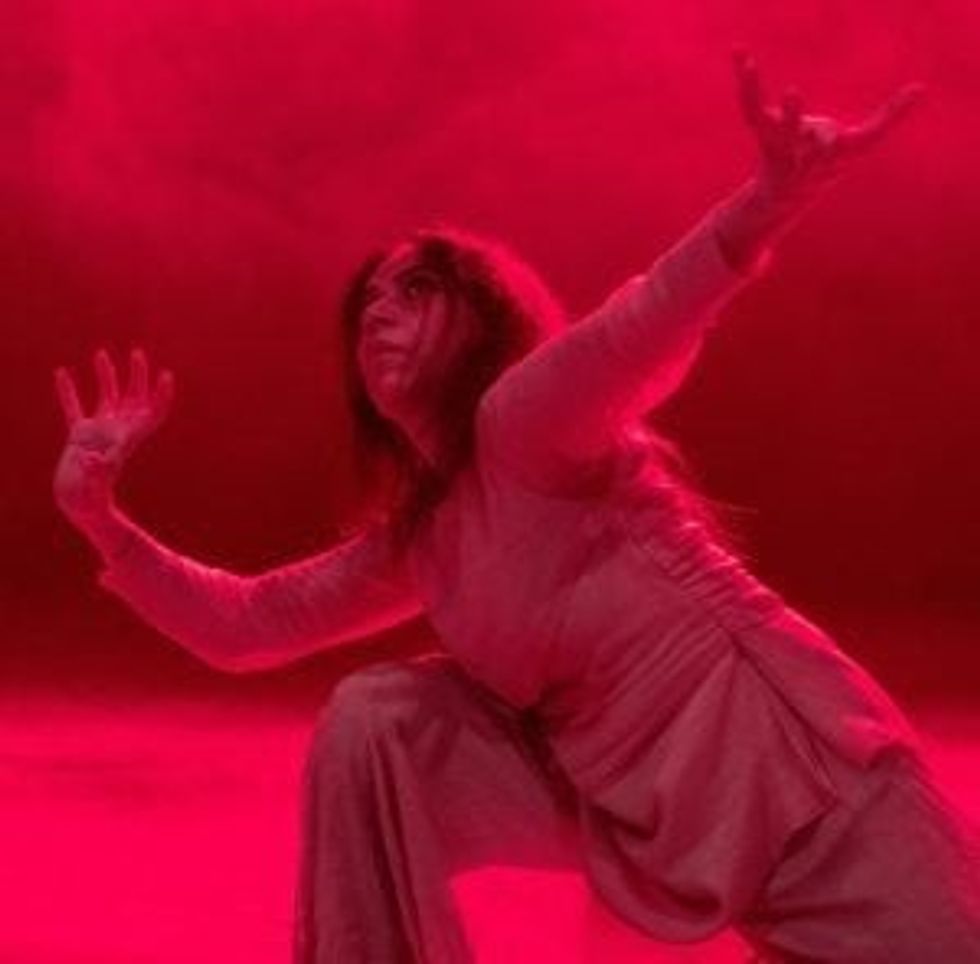















 Beck Theatre’s new programme is the pantomime Sleeping BeautyBeck Theatre
Beck Theatre’s new programme is the pantomime Sleeping BeautyBeck Theatre Omid DjaliliBeck Theatre
Omid DjaliliBeck Theatre Paul ChowdhryBeck Theatre
Paul ChowdhryBeck Theatre San2 SinghBeck Theatre
San2 SinghBeck Theatre

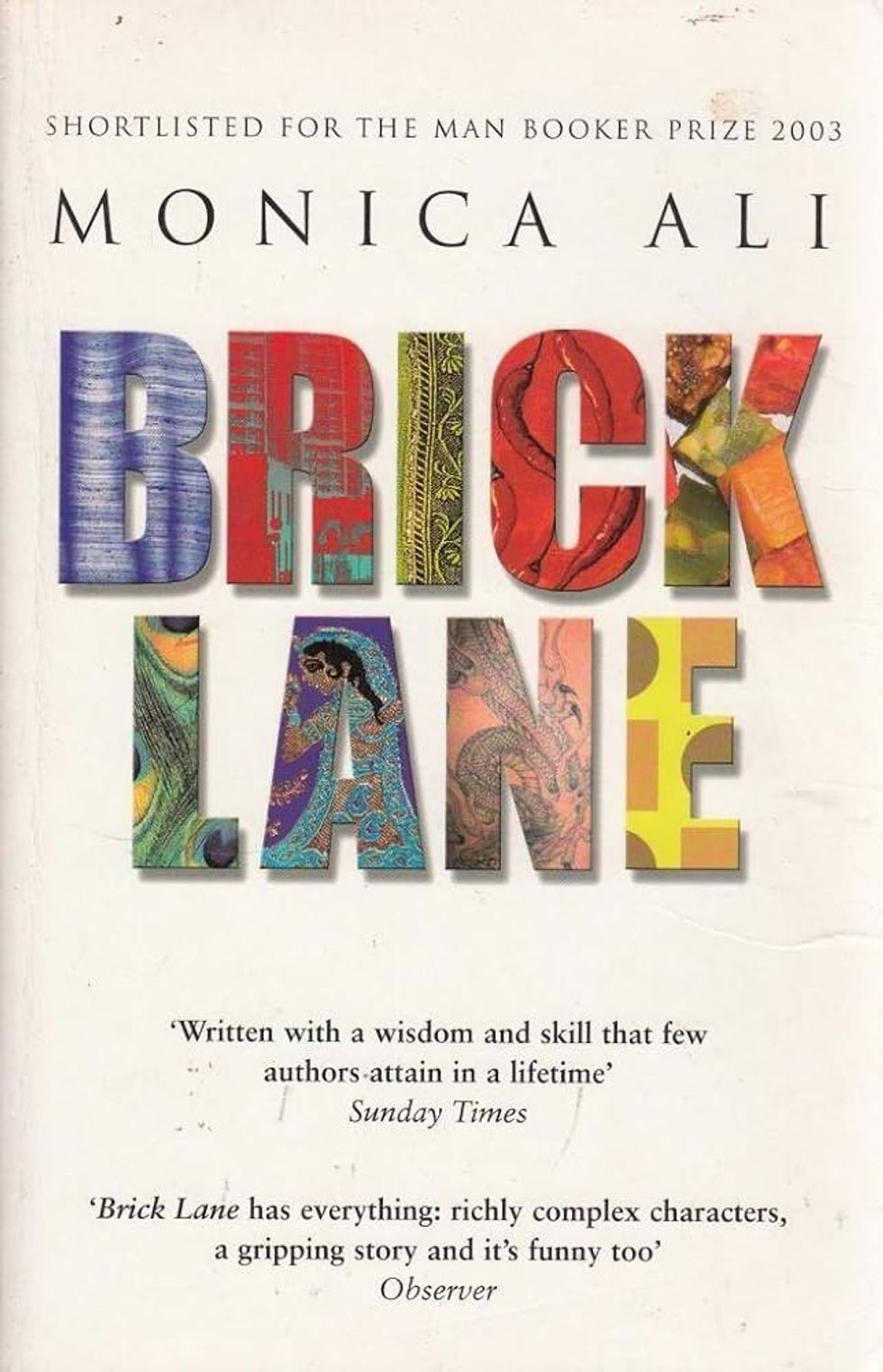 Her book
Her book
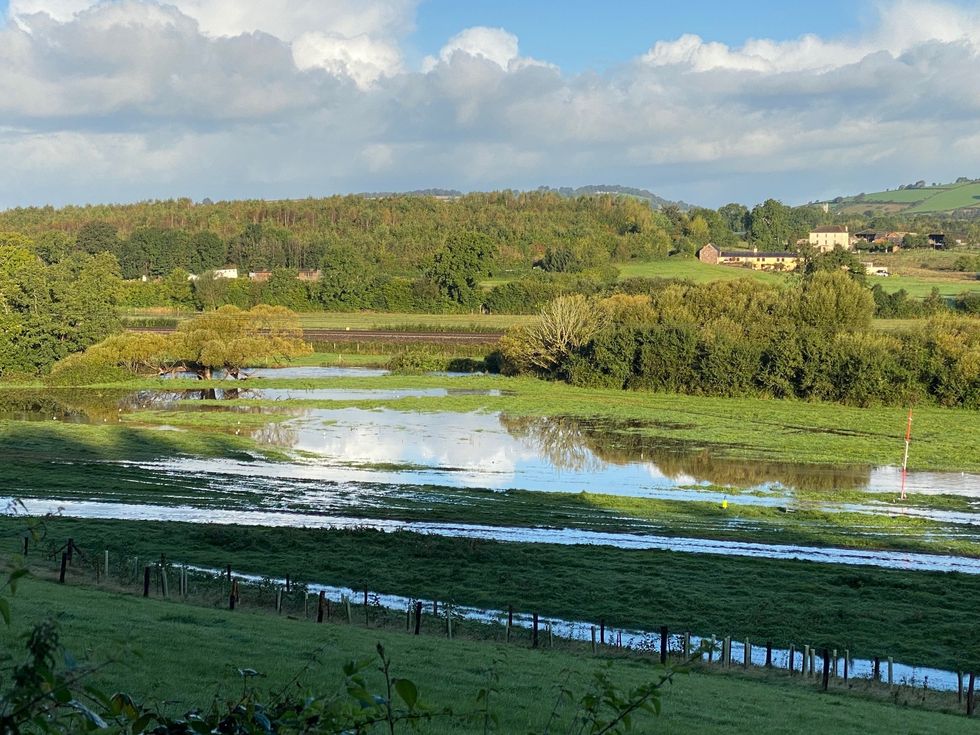 The newly restored River Culm floodplain at Killerton, Devon
The newly restored River Culm floodplain at Killerton, Devon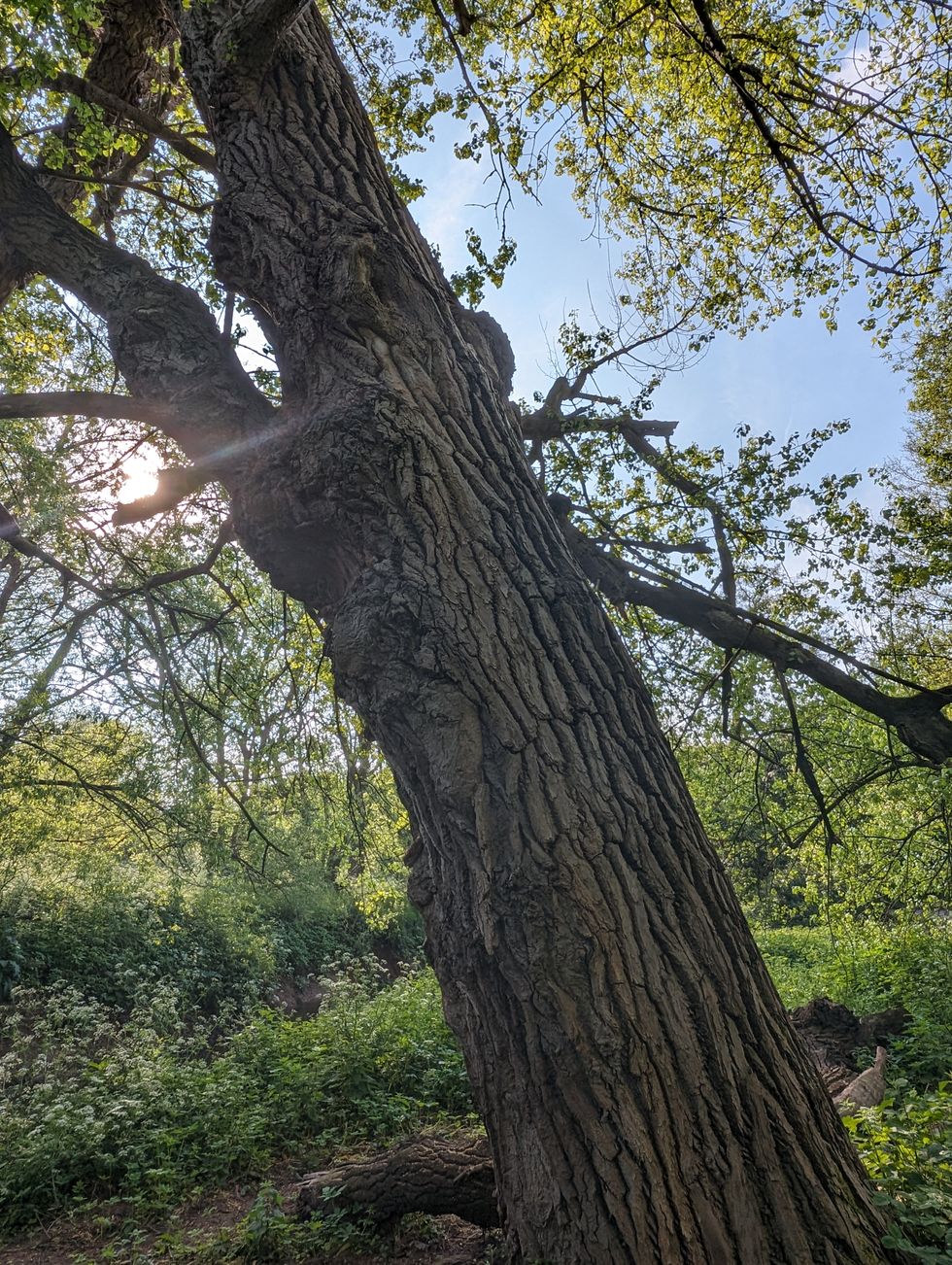 The black poplar has effectively died out in the wild
The black poplar has effectively died out in the wild